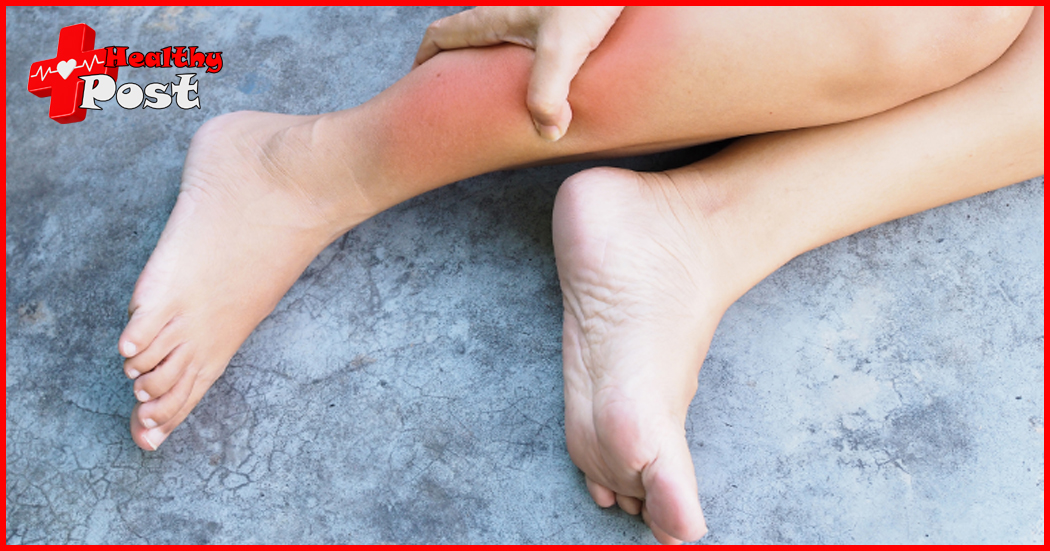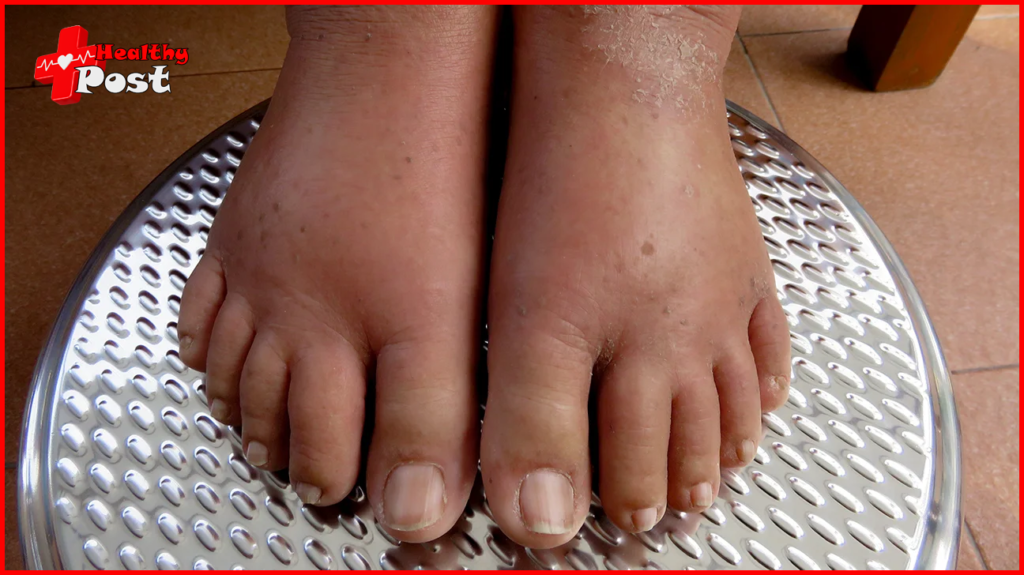
Do you suffer from heavy and swollen legs?
You don’t have to put up with swollen legs and heavy legs. If you look for the cause of this syndrome, you can also find an effective solution. We will offer you some useful hints for this.

Swelling, heaviness, leg pain – typical symptoms of chronic venous disease
Out of the whole constellation of symptoms that make your life unpleasant, pain, pressure or a feeling of heaviness in the lower limbs dominate. You also experience leg swelling that worsens after prolonged standing or sitting, and subsides at night. Their itching or burning, night cramps and the feeling of restless legs are no exception. At first glance, enlarged subcutaneous veins, swelling or skin changes may be visible. Does this description fit you? If so, chronic venous disease may be the cause of your problems.
Under the term vein disease, the lay population often mistakenly imagines only visible, bluish, unsightly-looking varicose veins. They actually represent only some of the possible manifestations of venous disease, certainly not all.
How the venous system works and why it sometimes doesn’t
Under normal conditions, the venous system is a low-pressure system, blood flows in it slowly – from the peripheral parts of the body towards the heart. In order for it to overcome the influence of gravity, the interplay of several factors is needed. Firstly, the system must be well-permeable, the veins must have adequate tension and functional valves that prevent backflow of blood must be intact. Furthermore, the muscular pump (leg and calf muscles) and the heart are involved in the venous return.
Damage can occur at any of the levels mentioned above. Obstruction of the veins is usually caused by their blockage with a blood clot (thrombosis), narrowing of the veins (stenosis) or pressure from the outside. Valves are often damaged by inflammation or hereditary inferiority of the vein wall. The muscle pump may not perform its function in those people who move poorly, because the muscles in the legs do not serve as part of the muscle pump to push blood to the heart. This leads to an increase in blood pressure and subsequent damage to the vein wall. Fluid, proteins and other substances leak into the surrounding tissues. At the same time, blood return is limited. All this contributes to the development of chronic venous disease.

Problematic veins are not “just” a cosmetic problem…
A number of people wave their hands over chronic venous disease, saying that many people suffer from it and it is still not possible to solve it effectively. Yes, it cannot be completely cured, but its progress can be slowed down or stopped so that the disease does not develop further.
The basis of treatment is regular movement, compression, for example with stockings, and the use of drugs (venopharmaceuticals). You can try incorporating a few simple exercises into your regular routine for inspiration , avoiding higher temperatures and tight clothing. In some cases, the doctor may recommend non-invasive or invasive (surgical) procedures. However, surgery does not solve the cause of chronic venous disease, and without long-term treatment, the disease progresses and new varicose veins and flagella appear over time, which reduces the patient’s quality of life.
A few whiplashes and varicose veins on the leg may appear to be only an aesthetic issue. But what if leg pain, tension, the feeling of heavy legs start to increase in intensity. And the number of whiplashes or varicose veins starts to increase? Without long-term and comprehensive treatment and the adoption of some lifestyle changes, chronic venous disease is likely to progress further. Manifestations will be more pronounced and more frequent and may significantly interfere with everyday life. Other stages that prove that the venous system is not really working. As it should are permanent swelling or a leg ulcer. Therefore, do not underestimate the initial symptoms and deal with them before they affect the quality of your life.


2 thoughts on “Do you suffer from heavy and swollen legs?”